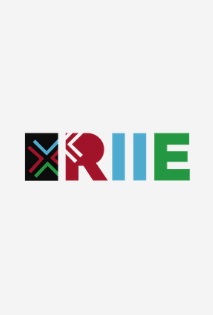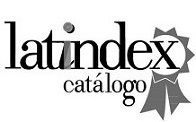Higher education as a demand and as a resource in dispute in interethnic spaces. An analysis at Salta Wichí communities
DOI:
https://doi.org/10.30972/riie.083668Keywords:
Indigenous Peoples, Wichí, Higher Education, SaltaAbstract
The main objective of this paper is to produce some reflections about higher education demands that of-the wichí communities at the Salta´s province. These demands are inscribed into the set educational claims proposing by Latin American indigenous social movements for the pluri-ethnic and pluri-linguistic conditions recognition of our country. In addition, it should be understood in relation to the impact of current economic extractive production that has been implemented in the territories where the populations live. In this way, we analyze first the claims of access to higher education in relation to the processes of disputes and territorial reconfigurations that cross these populations because of the current extractive model developed in the northeast region of the Salta´s province. Second, understanding that this context has summoned new social actors into that space (teams research and extension, NGOs, foundations, state agents) which from their participatory practices rewire the social space, we analyze in which way they are involved in the demands configuration, and how they contribuit in structuring practices that make possible the conditions for access to higher education in these populations.
Downloads
Downloads
Published
How to Cite
Issue
Section
License
Aquellos autores/as que tengan publicaciones con esta revista, aceptan los términos siguientes:
- Los autores/as conservarán sus derechos de autor y garantizarán a la revista el derecho de primera publicación de su obra, el cuál estará simultáneamente sujeto a la Licencia de reconocimiento de Creative Commons que permite a terceros compartir la obra siempre que se indique su autor y su primera publicación esta revista.
- Los autores/as podrán adoptar otros acuerdos de licencia no exclusiva de distribución de la versión de la obra publicada (p. ej.: depositarla en un archivo telemático institucional o publicarla en un volumen monográfico) siempre que se indique la publicación inicial en esta revista.
- Se permite y recomienda a los autores/as difundir su obra a través de Internet (p. ej.: en archivos telemáticos institucionales o en su página web) antes y durante el proceso de envío, lo cual puede producir intercambios interesantes y aumentar las citas de la obra publicada. (Véase El efecto del acceso abierto).






.jpg)




